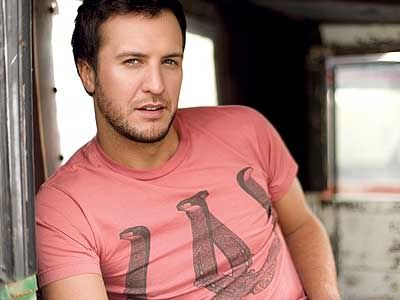
The last few weeks have been very hot and humid here in Allentown. I only have air conditioning in my bedroom, so the rest of the house has been pretty uncomfortable. When the weather starts getting like this, there is one thing that brings great relief, and that is a nice rain storm. It is guaranteed to cool things off, and loosen the strangling hold of the humidity.
Now, I fully recognize that farmers depend on precipitation probably more than anyone else. No rain = suffering crops, and the farmer's livelihood depends on those crops. However, simply because I live in a city and work for a company that is not effected by rain one way or the other, doesn't mean that I chant "rain, rain, go away" every night before I go to bed. Aside from the comfort aspect that I mentioned above, I also keep a small vegetable garden in my back yard, and those plants need rain just as much as the farmer that owns a little family farm (a rare breed these days, thanks to the rise of factory farming).
All that being said, I have no idea what the hell Luke Bryan is talking about in this song. The video for this song (link!) features some obvious "farmer" types at the beginning talking about how much they depend on the rain, but the actual lyrics to the song are a bit more vague about the positive aspects of rain. Sure, the first verse mentions Bryan's apparently foul-mouthed father complaining about lack of rain, but from there on out, it's not quite as clear on the positive aspects.
According to Bryan, rain affords hormone-driven adolescents a chance to grope each other, children to dance around in the mud, and good old boys the opportunity to ride around in the bed of each other's trucks. While I have nothing against any of these things per se, I'm not sure that rain is the only reason for any of these things to happen (with the possible exception of the mud, although children will find ways to get dirty whether it is dry and sunny or cloudy and rainy). I'm simply not convinced that Bryan is making the best possible case for why rain is so much better where he comes from, than it is for us city slickers.
I also need to point out the pronunciation of the word "wash" in this song. I realize that r-adding is a regional thing, but it has no place in a recorded song. Obviously Luke Bryan pronounced that word that way on purpose (or, if he was too stupid to realize there was a problem with it, the engineer on the record should have said something), and it's presence is simply another case of overly overt accents in CPC. This particular example of accent flaunting is one that grates my nerves more than others. Terrible.
Poor pronunciation isn't the only thing that makes the chorus of this monstrosity terrible. Let's take a quick moment to consider how terribly childish the rhyme, "Corn makes whiskey, whiskey makes my baby feel a little frisky," is. That sounds like something you make up at 2 A.M. after drinking all night, with a guitar in your hand, thinking you are about as clever as they come, when in reality you are simply a drunk git. Also, while corn whiskey does exist, it is certainly a huge minority in the world of whiskeys, where barley is the dominant grain used, followed by rye. So, unless Bryan is drinking cheaply made moonshine whiskey, odds are, it is a barley-based alcoholic drink.
The last thing that warrants noting about this song is actually a visual aspect of the video. The whole thing is an unrealistic/unbelievable "look how down home and real Luke Bryan is!" montage, which is fine, since projecting that image is how you sell a country record. What bothers me is at 2:52, you can see Bryan making the sign of the horns, or devil horns which is something associated with heavy rock music for years and years and years. Although the evil connotations of the hand symbol have diminished over the years, the basic meaning of "rock on, man!" has stayed pretty consistent. Luke Bryan, you do not rock, so you look like a fool making that hand symbol. Don't do it anymore, thanks.